Most Famous Vegans In History
Most Famous Vegans In History
In recent years, veganism has grown in popularity and become a significant movement advocating for a more compassionate and sustainable way of living.
However, the roots of veganism extend far back into history, with remarkable individuals who embraced a plant-based lifestyle long before it became a mainstream trend.
These pioneers, known for their unwavering commitment to animal rights, environmental preservation, and personal health, have left an indelible mark on society.
In this article, we embark on a captivating journey through time to uncover the lives and legacies of history's most famous vegans.
From philosophers and writers to actors and musicians, these remarkable individuals have used their platforms and influence to promote ethical eating, challenge societal norms, and inspire countless others to rethink their relationship with animals and the planet.
Through this exploration, we aim to shed light on the historical roots of veganism, celebrate the courage of those who have advocated it, and deepen our understanding of the ongoing vegan movement.
So, let us embark on this enlightening voyage through time as we pay homage to the most famous vegans in history and honour their remarkable contributions to our world.
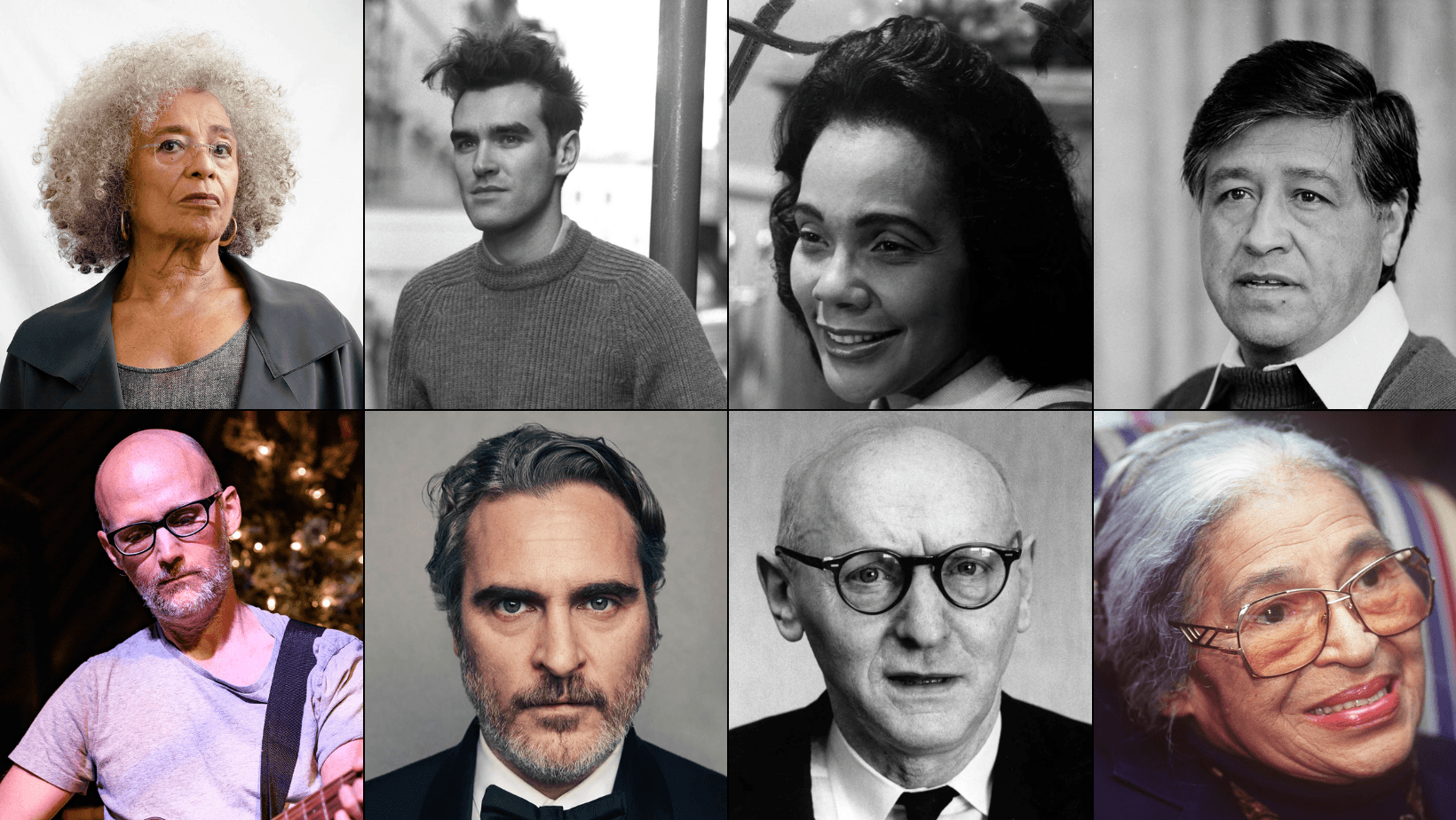
The Vegan Revolution
Veganism, a lifestyle choice focused on abstaining from animal products, has garnered immense attention in recent years.
However, its origins can be traced back much further than many may realize. The philosophy of veganism, advocating for compassion towards animals and a plant-based diet, has deep historical roots that have evolved.
In this article, we embark on a journey through the annals of history to explore the beginnings of veganism and its transformation into a global movement.
The seeds of veganism were sown in ancient civilizations, where philosophers and thinkers first espoused the principles of nonviolence towards animals.
In old India, the concept of ahimsa, or non-harm, emerged as a fundamental principle of Jainism and Buddhism.
Followers of these religions practiced vegetarianism to prevent harm to living beings. This early ethical stance set the stage for later developments in veganism.
Fast forward to the 19th century, and veganism began to take shape in Europe. In 1806, the English philosopher and advocate for animal rights, Percy Bysshe Shelley, published a groundbreaking essay titled “A Vindication of Natural Diet.”
Shelley argued for the moral imperative of abstaining from animal products, citing cruelty towards animals and the adverse health effects of meat consumption.
The formation of vegetarian societies in the 19th century further propelled the rise of veganism.
The first Vegetarian Society was established in 1847 in Manchester, England, to promote a plant-based diet for ethical and health reasons.
The society attracted notable figures, including pioneers such as Joseph Brotherton and William Metcalfe, who advocated for animal welfare and the benefits of vegetarianism.
It was in the 20th century. However, the term “vegan” came into existence. In 1944, Donald Watson, a British animal rights advocate, coined the word “vegan” by combining the beginning and end of the term “vegetarian.”
Watson and a group of like-minded individuals established the Vegan Society, promoting the complete exclusion of animal products from one's lifestyle, including dairy, eggs, and honey.
Since its inception, veganism has continued to gain momentum, fueled by increasing awareness of animal rights, environmental concerns, and personal health benefits.
Throughout the 20th century, prominent figures such as Albert Einstein, Leonardo da Vinci, and Mahatma Gandhi embraced a vegetarian or vegan lifestyle, championing the principles of nonviolence and sustainability.
In recent years, the rise of social media and influential celebrities has propelled veganism into the mainstream.
Famous individuals like Joaquin Phoenix, Natalie Portman, and Moby have used their platforms to advocate for animal rights and veganism, attracting widespread attention and inspiring millions worldwide to adopt a plant-based lifestyle.
From its ancient roots in philosophies of nonviolence to the modern global movement it has become, veganism has a rich and diverse history.
Throughout the ages, individuals from various cultures and backgrounds have recognized the ethical and environmental implications of consuming animal products and have chosen to lead lives aligned with their values.
The journey of veganism, filled with courageous pioneers and evolving perspectives, is a testament to humanity's ongoing quest for compassion, sustainability, and a better future for all living beings.
Most Famous Vegans In History
Veganism, as a philosophy and lifestyle choice, has gained significant traction in recent years, propelled by individuals who have dedicated themselves to promoting compassion, sustainability, and ethical practices.
Throughout history, remarkable figures have embraced veganism, becoming icons and inspiring generations to follow in their footsteps. Here are some famous vegans in history:
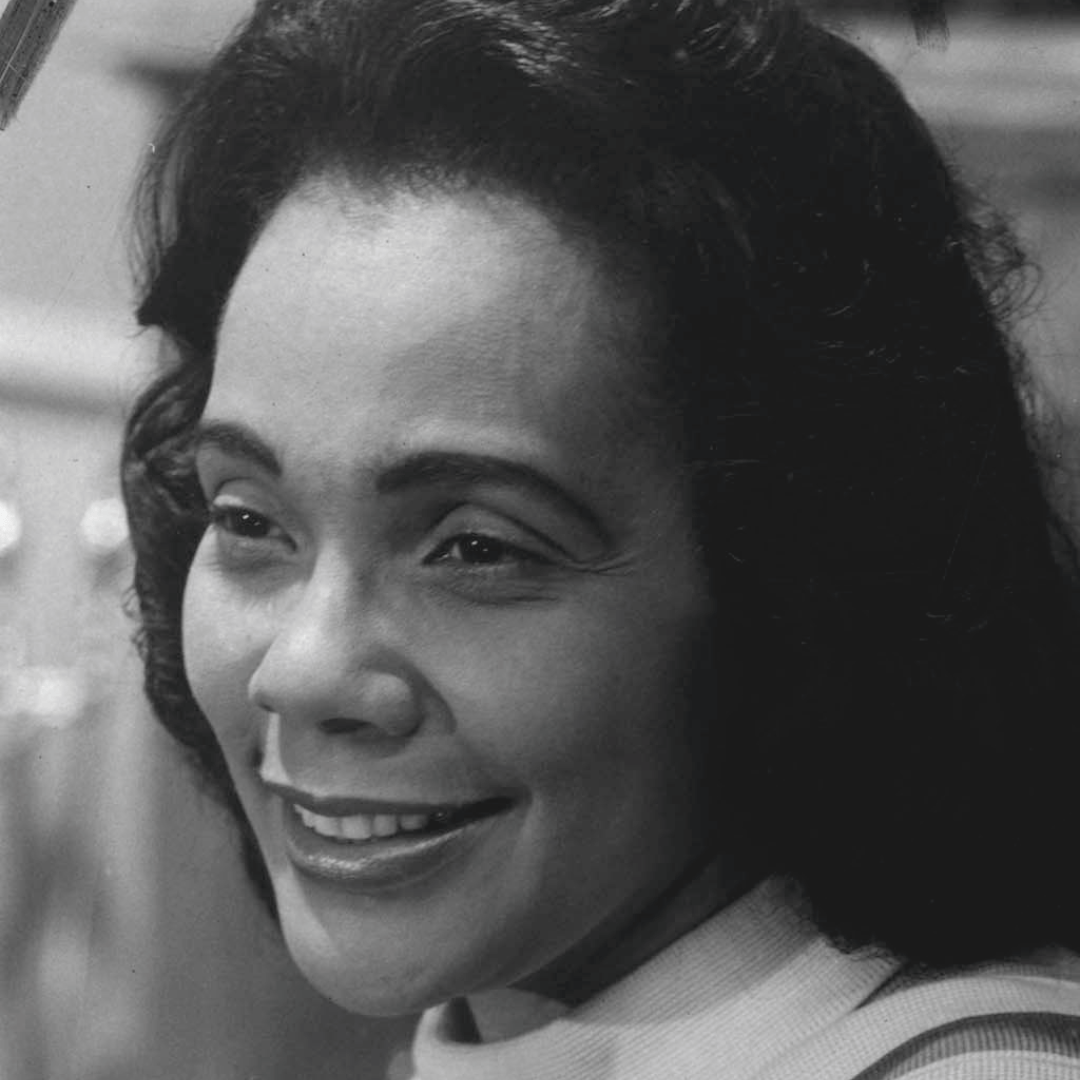
1. Coretta Scott King (1927-2006)
Coretta Scott King, a leading civil rights activist and the widow of Martin Luther King Jr., profoundly influenced society via her uncompromising dedication to social justice.
In the later years, Coretta Scott King embraced a vegan lifestyle, aligning her dietary choices with her strong advocacy for human and animal rights.
Recognizing the interconnectedness of all forms of oppression, she saw veganism as an extension of her broader mission to create a more compassionate and equitable world.
Coretta Scott King believed that justice, fairness, and nonviolence should extend to all living beings, including animals.
By adopting a vegan lifestyle, she aimed to minimize harm and exploitation to humans and the animals affected by industrialized farming practices.
Her decision to embrace veganism demonstrated her dedication to promoting compassion, sustainability, and ethical practices in all areas of life.
Coretta Scott King used her influential voice and platform to advocate for the rights and welfare of humans and animals, leaving a lasting legacy that inspires others to consider the impact of their choices on the world around them.

2. Angela Davis (born 1944)
Angela Davis, a highly influential activist, scholar, and writer, has dedicated her life to fighting for social justice.
As part of her commitment to creating a more equitable world, Davis is a committed vegan and advocates for veganism as a form of resistance against industrialized cruelty.
She firmly believes that the exploitation of animals is deeply intertwined with larger systems of oppression, such as racism, sexism, and capitalism.
For Davis, adopting a vegan lifestyle aligns with her broader mission of challenging existing power structures and promoting collective liberation.
She emphasizes that veganism can be seen as a way to address not only the ethical treatment of animals but also environmental degradation and food injustice.
By rejecting the practices of industrialized animal agriculture, Davis argues that we can reduce our ecological footprint, combat climate change, and promote sustainable food systems.
Through her activism and advocacy, Angela Davis continues to inspire individuals to consider the interconnectedness of various forms of oppression and the potential for positive change through conscious choices, including embracing veganism as a means of resistance and promoting justice for all.

3. Moby (born 1965)
The celebrated musician and producer has long been recognized as a passionate advocate for veganism and animal rights.
His commitment to a vegan lifestyle is deeply rooted in his belief that all animals deserve compassion and are harm-free, regardless of species.
Moby actively uses his platform to raise awareness about animal agriculture's ethical and environmental implications.
Through his music, interviews, and public appearances, he promotes the benefits of a plant-based diet, emphasizing its positive impact on animal welfare, personal health, and the planet.
Moby goes beyond advocacy and actively supports organizations that end animal suffering, including providing financial contributions and participating in campaigns and events.
His unwavering dedication and outspokenness have made him a prominent figure in the modern vegan movement, inspiring countless individuals to reconsider their relationship with animals and adopt a more compassionate and cruelty-free lifestyle.
Moby's influence extends far beyond music, as he continues to use his voice and platform to drive positive change, amplify the message of veganism, and advocate for a more compassionate world for all beings.
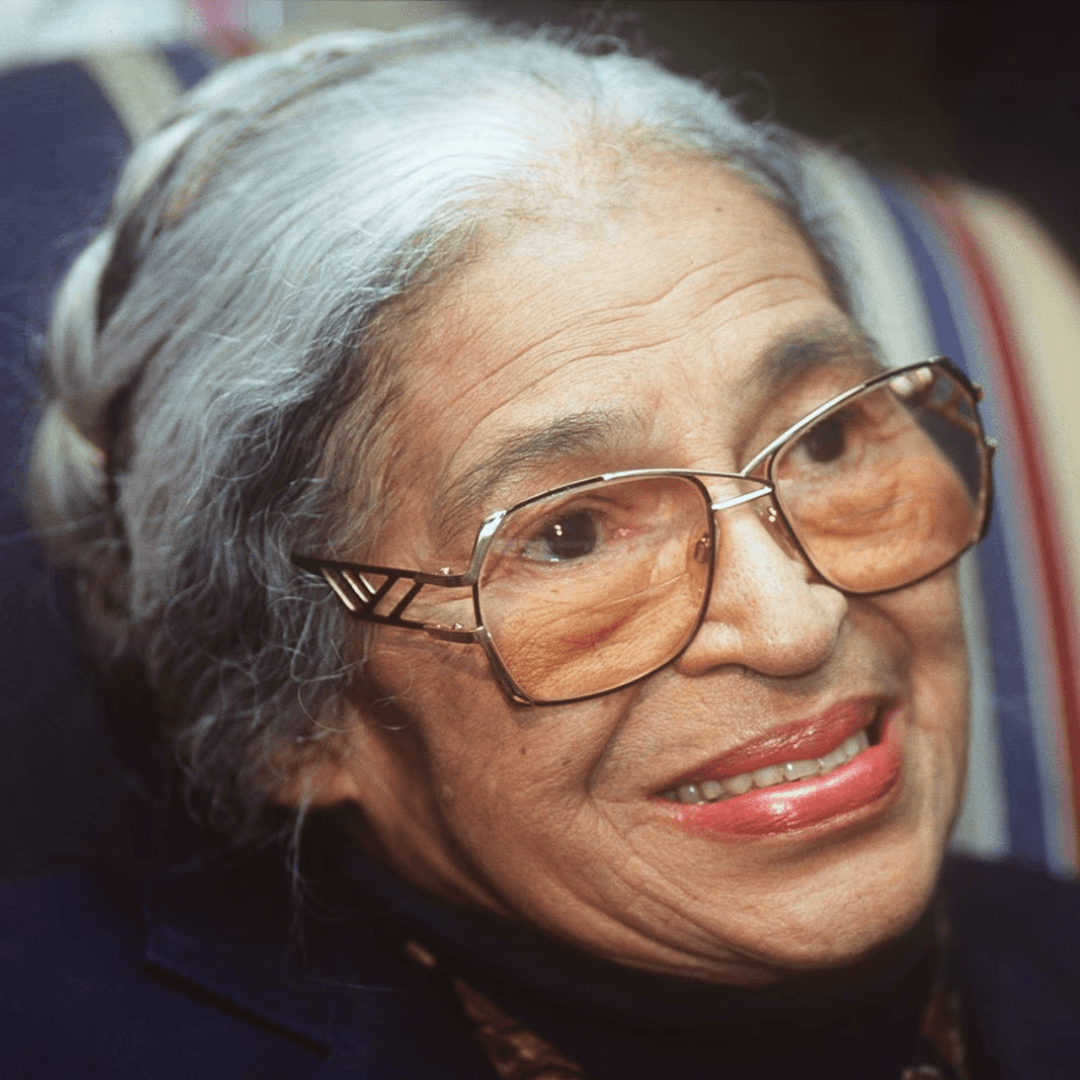
4. Rosa Parks (1913-2005)
Rosa Parks, an iconic figure in the American civil rights movement, left an indelible mark on history through her courage to refuse to give up her bus seat, sparking the Montgomery Bus Boycott.
Beyond her pivotal role in advancing racial equality, Parks was also known for her commitment to a vegan lifestyle. She viewed her dietary choices as an extension of her belief in justice and compassion for all beings.
Parks recognized the interconnectedness of various forms of oppression and understood that the suffering endured by animals mirrored the injustices faced by marginalized communities.
By adopting a vegan lifestyle, she sought to align her actions with her principles, promoting compassion and minimizing harm to all living beings.
Parks' veganism was a testament to her unwavering commitment to justice, equality, and a deep understanding of the interrelated nature of social issues.
Her advocacy extended beyond human rights, demonstrating her belief in extending compassion to all life forms. Rosa Parks continues to be remembered as a symbol of courage, resilience, and the pursuit of justice, with her adherence to a vegan lifestyle serving as a powerful reminder of her commitment to the principles she fought for throughout her life.
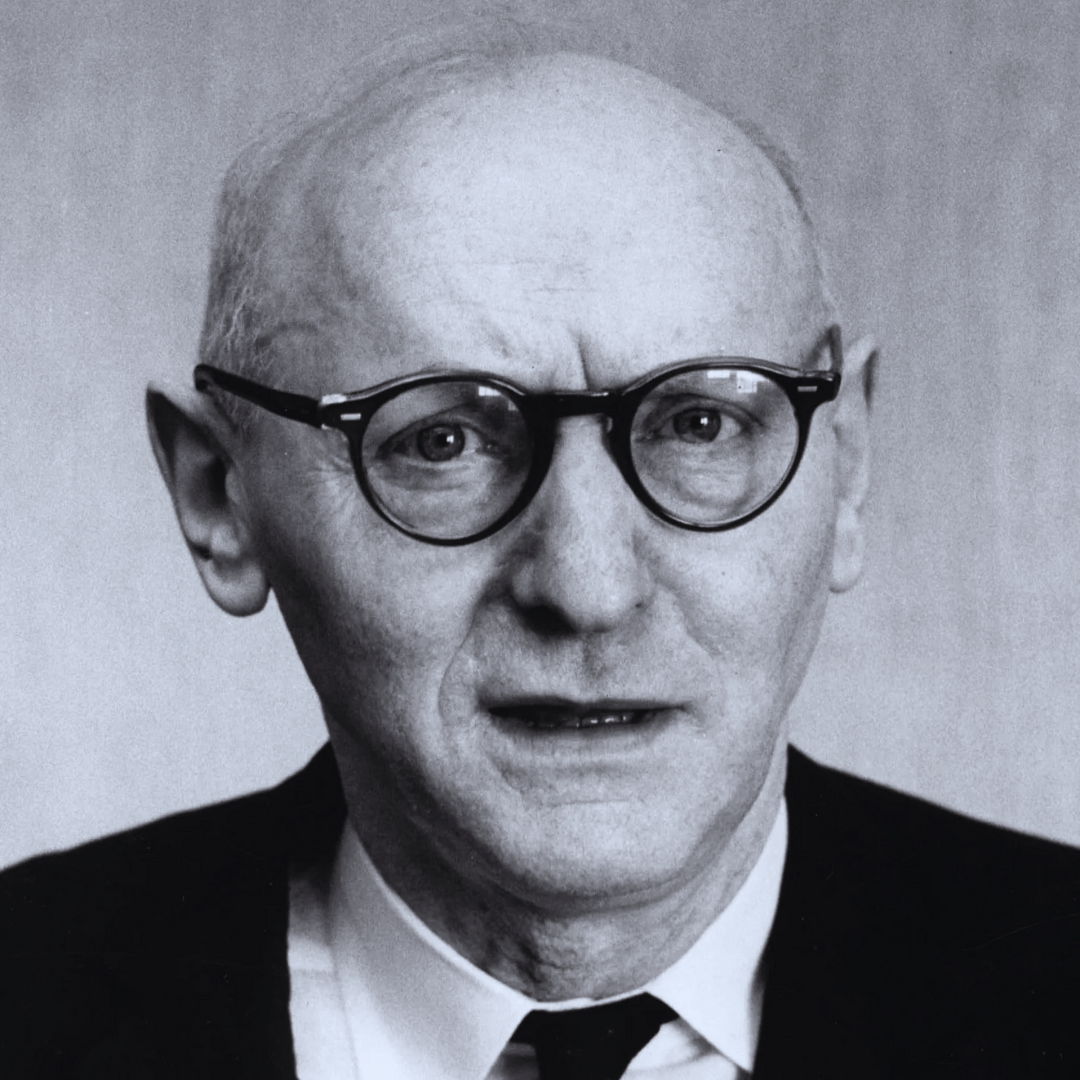
5. Isaac Bashevis Singer (1902-1991)
Isaac Bashevis Singer, the acclaimed Nobel Prize-winning author and a leading figure in Yiddish literature, held a strong commitment to veganism throughout his life.
Singer saw veganism as an embodiment of his Jewish values and ethics. He believed in all living beings' inherent worth and dignity, emphasizing the importance of compassion and empathy towards animals.
Singer often spoke out about the ethical treatment of animals, condemning the cruelty inflicted upon them in various industries.
He emphasized the interconnectedness of human and animal welfare, asserting that the mistreatment of animals ultimately leads to the degradation of humanity.
Singer's writings often reflected his advocacy for veganism, with his characters grappling with moral dilemmas surrounding the treatment of animals. In addition to his ethical stance, Singer was deeply concerned about the environmental impact of animal agriculture.
He raised awareness about animal agriculture's significant role in deforestation, greenhouse gas emissions, and resource depletion.
Isaac Bashevis Singer's dedication to veganism, rooted in his Jewish values and environmental consciousness, influenced him to promote compassion towards animals and recognize their inherent rights.
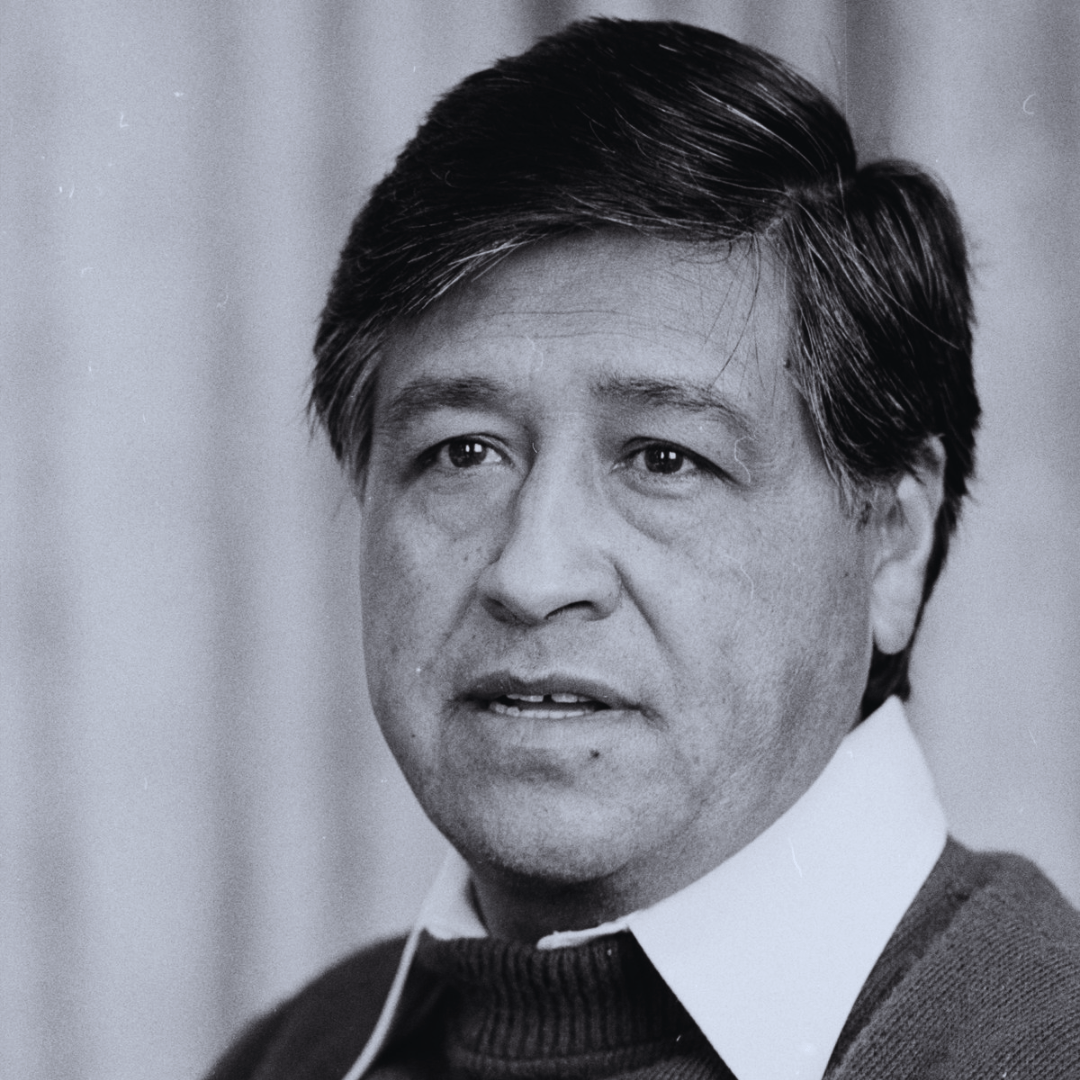
6. Cesar Chavez (1927-1993)
Cesar Chavez, an influential labour leader and civil rights activist, played a pivotal role in advocating for the rights of agricultural workers through his founding of the United Farm Workers Union.
Chavez, driven by his commitment to social justice, recognized the interconnectedness of injustices faced by humans and non-human animals in the farming industry.
He saw the exploitation of farm animals as part of a larger system of oppression that also affected the marginalized workers who toiled in the fields.
In addition to fighting for fair wages, safe working conditions, and collective bargaining rights, Chavez promoted a plant-based lifestyle to challenge the exploitation inherent in animal agriculture.
He believed that adopting a vegan diet was not only an act of compassion towards animals but also a form of resistance against the prevailing system of exploitation.
Chavez's advocacy for a plant-based lifestyle was grounded in his vision of a more just and equitable society where the rights and dignity of both human and non-human beings were respected.
Chavez left a lasting legacy through his work, inspiring others to consider the ethical implications of their food choices and work towards a more compassionate and equitable world.
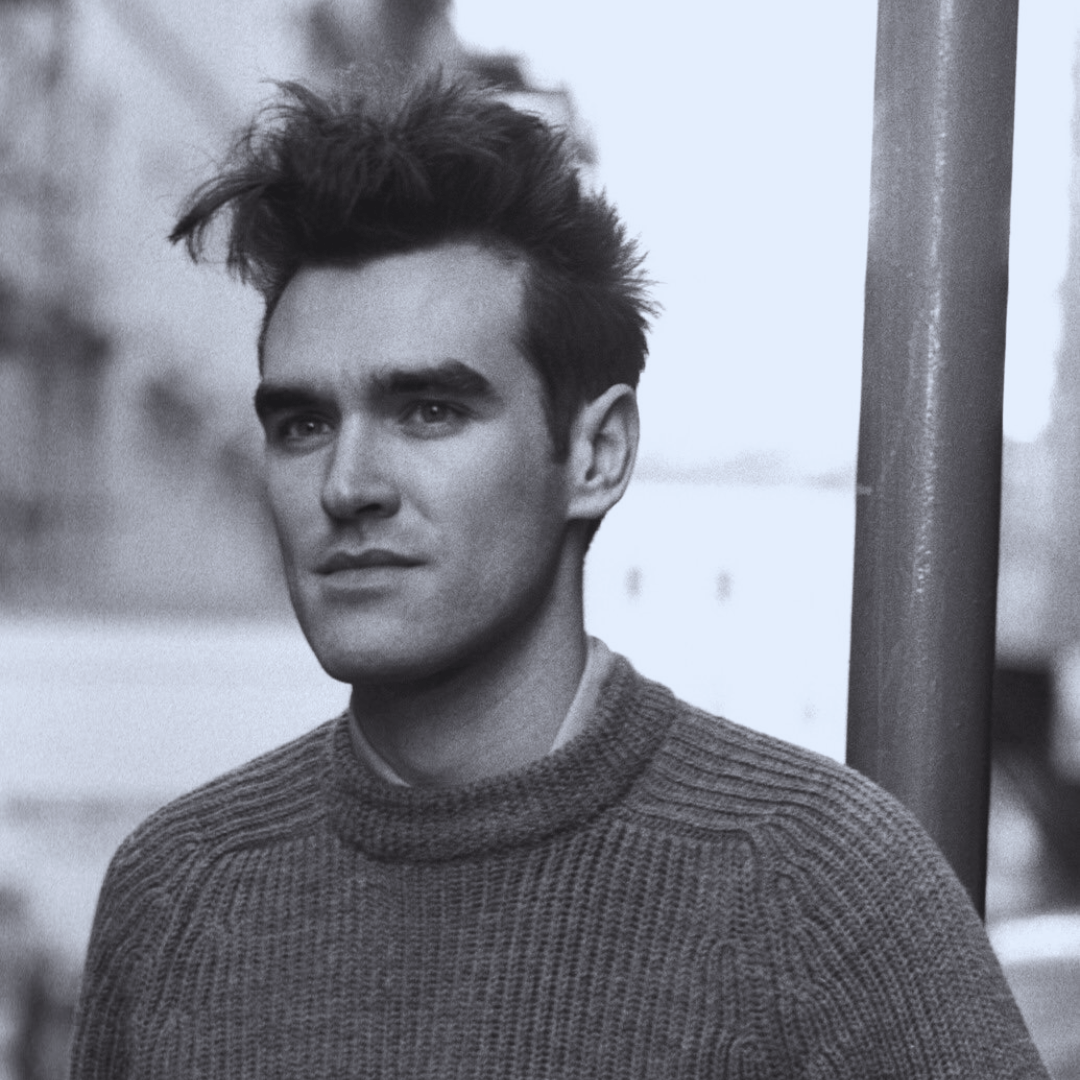
7. Morrissey (born 1959)
Morrissey, the renowned musician and former lead vocalist of The Smiths, has established himself as a steadfast advocate for animal rights and a vegetarian/vegan lifestyle.
Throughout his career, Morrissey has used his music and platform to challenge societal norms and raise awareness about the ethical treatment of animals.
His lyrics often touch upon themes of animal rights, compassion, and the consequences of human actions on animals. Morrissey has been a vocal critic of industries that exploit animals, including the meat and dairy industries.
He encourages his fans and the public to embrace vegetarianism or veganism to reduce harm and promote compassion towards animals.
Morrissey's advocacy extends beyond his music, as he actively supports animal rights organizations and campaigns against animal cruelty.
Despite criticism and controversy, he remains unyielding in his dedication to animal welfare, making him an influential figure in vegan and animal rights communities.
Through his activism and artistic expression, Morrissey inspires his fans and challenges societal norms, sparking conversations about our relationship with animals and the importance of compassion in our choices.

8. Joaquin Phoenix (born 1974)
Joaquin Phoenix, the acclaimed Academy Award-winning actor, has garnered immense recognition for his exceptional talent on the screen.
However, his unwavering dedication to veganism and animal rights sets him apart as a prominent figure. Phoenix is actively supporting organizations dedicated to animal welfare and raising awareness about the ethical implications of animal exploitation.
His advocacy for veganism stems from his deep empathy and compassion for all living beings.
Phoenix has used his acceptance speeches at major award shows to shed light on the injustices animals face in various industries, including factory farming and animal testing.
He has participated in protests and narrated powerful documentaries exposing animal agriculture's harsh realities.
By leveraging his platform and celebrity status, Phoenix amplifies the voices of the voiceless, urging individuals to reconsider their dietary choices and embrace a compassionate lifestyle.
His influence extends beyond the film industry, inspiring countless people worldwide to reflect on their relationship with animals and work towards a more humane and sustainable world.
Joaquin Phoenix's unwavering commitment to veganism and animal rights is a testament to his integrity and the power of using one's voice to create meaningful change.

9. Steve-O (born 1974)
Steve-O, the daring stunt performer and television personality renowned for participating in the hit series “Jackass,” has emerged as an outspoken advocate for veganism and animal rights.
Through his platform and influence, Steve-O actively raises awareness about the inherent cruelty in animal agriculture and encourages a shift toward compassionate choices.
His transformation to veganism was fueled by his growing awareness of the suffering endured by animals in various industries.
Steve-O uses his social media presence to share videos and posts that shed light on animal cruelty, exposing the realities of factory farming and encouraging his followers to adopt a vegan lifestyle.
He actively collaborates with animal rights organizations and participates in campaigns and demonstrations to fight against animal exploitation.
Furthermore, Steve-O is passionate about highlighting the environmental impact of animal agriculture, including deforestation, water pollution, and greenhouse gas emissions.
By fearlessly speaking out and using his own experiences as a catalyst for change, Steve-O inspires others to reevaluate their relationship with animals and make more compassionate choices.
His activism demonstrates the power of using one's platform to promote positive change, and he continues to impact animal rights and vegan advocacy significantly.
Conclusion
As we conclude our exploration of history's most famous vegans, we are reminded of the profound impact these individuals have had on shaping our world.
From philosophers and civil rights activists to musicians and actors, they have used their platforms and voices to advocate for compassion, justice, and a sustainable future.
These famous vegans in history serve as beacons of inspiration, challenging societal norms and prompting us to reconsider our relationship with animals and the environment.
They have shown us that veganism is not merely a dietary choice but a powerful expression of empathy, ethics, and our interconnectedness with all living beings.
They have reminded us that every individual has the power to make a difference, no matter how famous or ordinary.
May their stories and teachings inspire us to cultivate empathy, make conscious choices, and work toward a future that embraces compassion for all beings and the preservation of our precious planet.
We can continue their legacy and build a more compassionate and sustainable world for generations.
I trust you enjoyed reading the article about the Most Famous Vegans in History. Please stay tuned. There are more blog posts to come very shortly.
JeannetteZ
>>> Please click here to read my Vegan Travel Guides To World Destinations <<<
>>> Want To Learn How To Create Delicious, Cruelty-Free, Healthy AND 100% Vegan Meals? Try These Awesome Vegan Cooking Courses With A Free 7-DAY MEMBERSHIP<<<
Your Opinion Is Important To Me
Do you have thoughts, ideas, or questions? I would love to hear from you. Please leave me your questions, experiences, and remarks about this article on the Most Famous Vegans In History in the comments section below. You can also reach me by email at Jeannette@LivingTheVeganLifestyle.org.
Disclosure
This post may contain affiliate links. I earn from qualifying purchases as an Amazon Associate and other affiliate programs. Please read my full disclosure.
You might also enjoy these blog posts:
Why You Should Go Vegan – A Guide



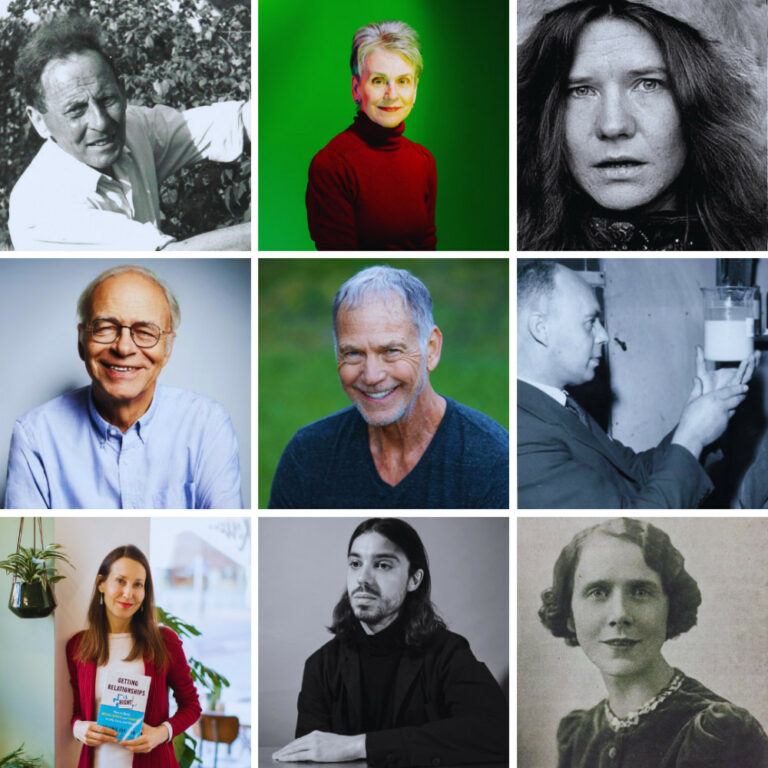

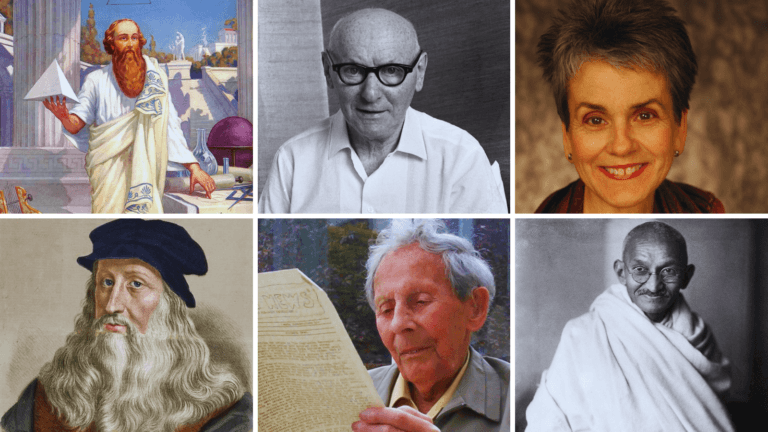

Beautiful research, but still omits one key point. Eating herbivore is more than the absence of good morals in eating DNA relatives, consciousness expansion or health: chemicals in animals influence behaviour of individuals and groups, animal instincts, the fear in cow adrenaline at abattoir, the pecking-order of chickens, the imprisonment of pigs, etc. It influences behaviour, like alcohol and drugs, and is responsible for predatory economy. (Dog eat dog)
Dietary preferences were understandable when there were few people and plenty nature. Now the roles are reversed: plenty people and nature in retreat. Time for new rules: Ahimsa laws. (Ahimsa means non-violence. An old concept, used with great success by, for example, Gandhi, King, Mandela.)
Consuming like a caveman is no longer wanted. Herbivore food is tasty, filling, nutritious, healthy, makes better use of land, etc.
If predators are so good, why do herbivores still exist?
Many habits were banned to create viable community, like duels, marrying relatives, theft, drunk driving, public lewdness and so on.
Some people think omnivore habits make one strong, but can’t explain why the largest animals are herbivores. Others believe it makes them smart, but can’t explain why clever ones like Einstein became one. (and many more!)
Herbivore food doesn’t take one meek: major wars were decided by weapons invented by Einstein, DaVinci. Herbivores animals too have alpha leaders!
Darwin ever meant to unleash the law of the jungle within community, protected as we are by services, infrastructure, security, hospitals. etc.
Sure, society must obey natural selection, but we face it together. We learned long ago that even if the enemy is fierce, we can win by pooling resources.
Humans not only succeeded because of cultivating individual excellence, but also teamwork, sharing specialties, laws, working together: competition and cooperation both. Go beyond heartstrings and use reason: the Global Village needs Ahimsa Laws to unify and greatly expand in the Milky Way.
Veganism isn’t solely about morals, it is also about economics, environment and population growth. Efficient use of resources.
Humanity is integrating. From clans and tribes, via city states and provinces, to countries and federations. Next is the Global Village and Space Age.
People need to formulate and enact Ahimsa Laws to make this happen.
Hello Pieter,
WOW! Thank you very much for this valuable addition to my blog post. I learned a lot from your comment, and I want to find out more about the Ahimsa Laws. Thanks again, and take care, Pieter.
Jeannette